Which charities are eligible for Independent Examination?
Charities eligible for Independent Examination:
Registered charities;
Excepted charities (often churches or scout or guide organisations);
Charities whose governing documents/constitutions do not specify an ‘audit’;
Charities where there is not a donor or funder who requires an ‘audit’;
Charities that are ‘smaller’.
In England and Wales
Charities with (a) annual income not exceeding £1,000,000; and (b) gross assets not exceeding £3,260,000, may have an independent examination (unless an audit is required for some other reason).
Note: Charities with an income not exceeding £25,000 are not required by law to have an Independent Examination, but may elect to do so. See Independent Examination of Charity Accounts (CC32).
In Scotland
Charities with (a) annual income of less than £250,000; and (b) gross assets not exceeding £3,260,000 must have an Independent Examination (unless an audit is required for some other reason). See Independent Examination; a Guide for Independent Examiners, which also contains sample reports.
In Northern Ireland
For financial years beginning on or after 1 January 2016, charities with a gross income of £250,,000 or less may choose to have an independent examination. If a charity’s gross income exceeds £500,000, they must have a statutory Audit gross income should be calculated in accordance with the Commission’s guidance, as set out in appendix 1 of the Guide to Independent Examination (ARR07).
